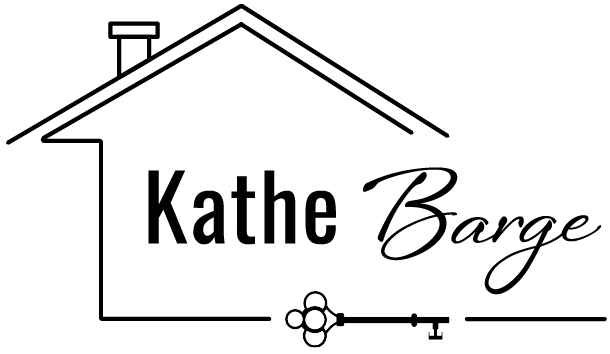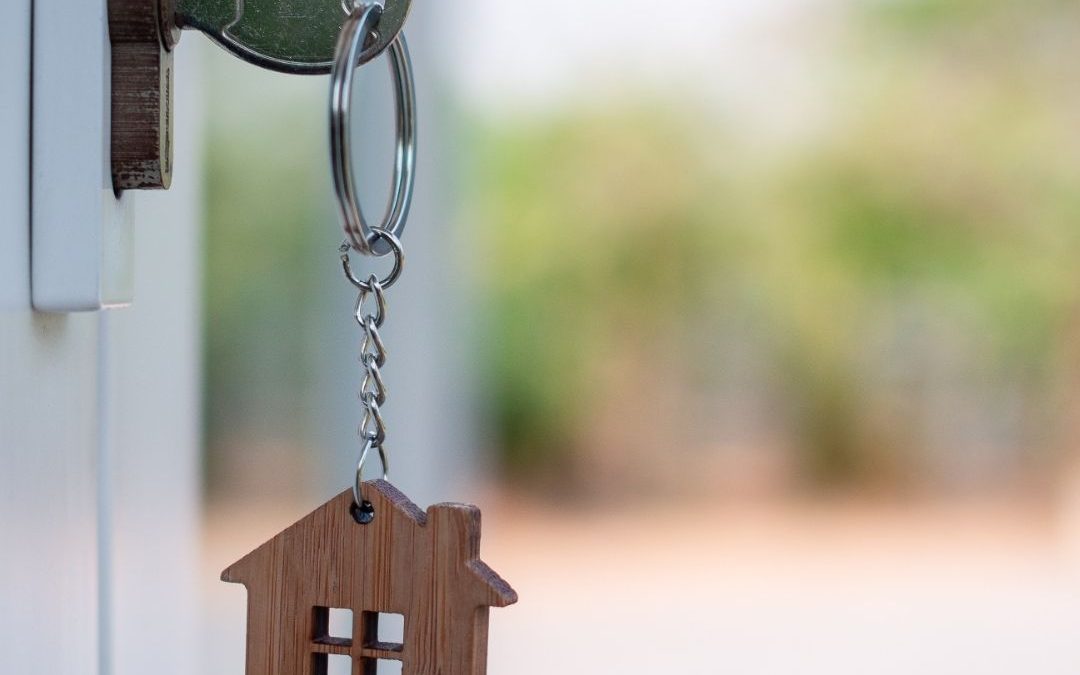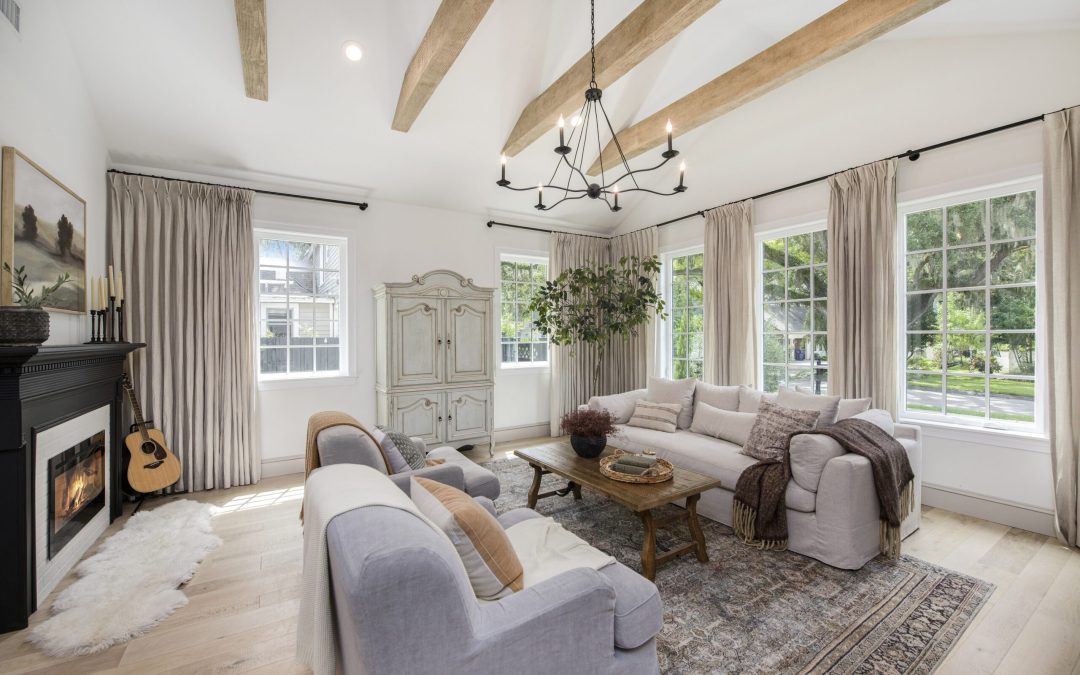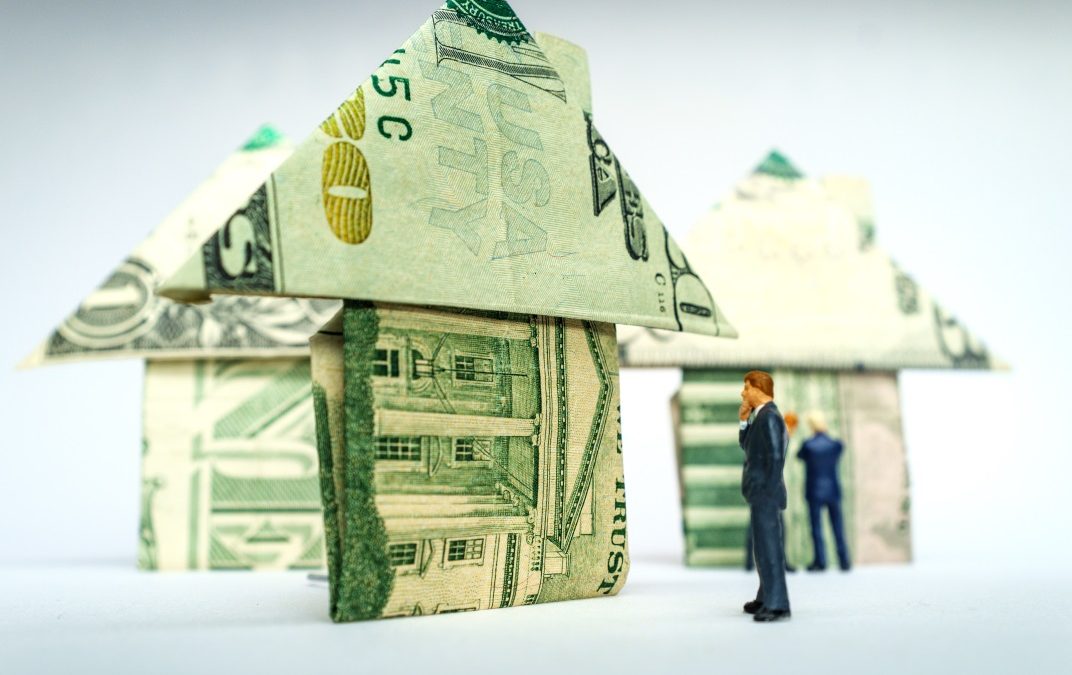
What Costs Should You Expect When Owning a Vacation Home?
Dear Kathe: What Costs Should You Expect When Owning a Vacation Home?
Owning a vacation home is an exciting investment—one that provides a personal retreat, potential rental income, and long-term financial benefits. While many buyers focus on the purchase price, it’s also important to plan for the ongoing costs that come with ownership. Understanding these expenses upfront ensures a smooth, stress-free experience, allowing you to fully enjoy your home-away-from-home.
One consideration is maintenance. A well-cared-for home holds its value and remains a relaxing escape for years to come. Routine upkeep, such as landscaping, seasonal preparations, and general maintenance, helps protect your investment and keeps your home in top condition. Many owners choose to hire a local caretaker or property manager to handle these details, especially if they aren’t at the home full-time.
Insurance is another factor to keep in mind. Depending on the location, you may need additional coverage for weather-related risks such as wind, flood, or wildfire. Premiums can vary, but the right policy provides peace of mind, protecting both your property and your investment.
If your vacation home is in a community with shared amenities like pools, walking trails, or concierge services, homeowners association fees may apply. These fees contribute to the upkeep of the neighborhood, ensuring that common areas and amenities remain pristine and enjoyable for all residents.
Utility costs depend on the home’s size, usage, and climate. Some owners find that smart home technology, such as programmable thermostats and security systems, helps them manage expenses efficiently, even when they’re away.
For those looking to offset costs, renting out a vacation home when it’s not in use can be an excellent option. Many owners successfully generate income by offering their property as a short-term rental, helping to balance expenses while allowing others to enjoy the home. Working with a professional property manager can make the process seamless.
Despite the expenses, owning a vacation home remains an appealing choice for many buyers. Unlike renting, where costs go toward someone else’s property, every dollar spent on a second home builds equity in an appreciating asset. Over time, real estate in desirable locations tends to increase in value, making ownership both a lifestyle upgrade and a long-term financial investment.
Finding the perfect vacation home starts with the right guidance. Through the Sotheby’s International Realty network, I can connect you with top-tier real estate professionals in any destination, whether you’re looking for a beachfront escape, a cozy mountain lodge, or a serene countryside retreat. With access to exclusive properties and deep local expertise, I’ll help you find a home that fits your vision and investment goals.
Thinking about purchasing a second home? Let’s talk—I’d love to help make it happen!
Experience Makes
The Difference
If you’re moving across town, from elsewhere in the state, or even relocating
across the country, I can help you find the perfect home!











